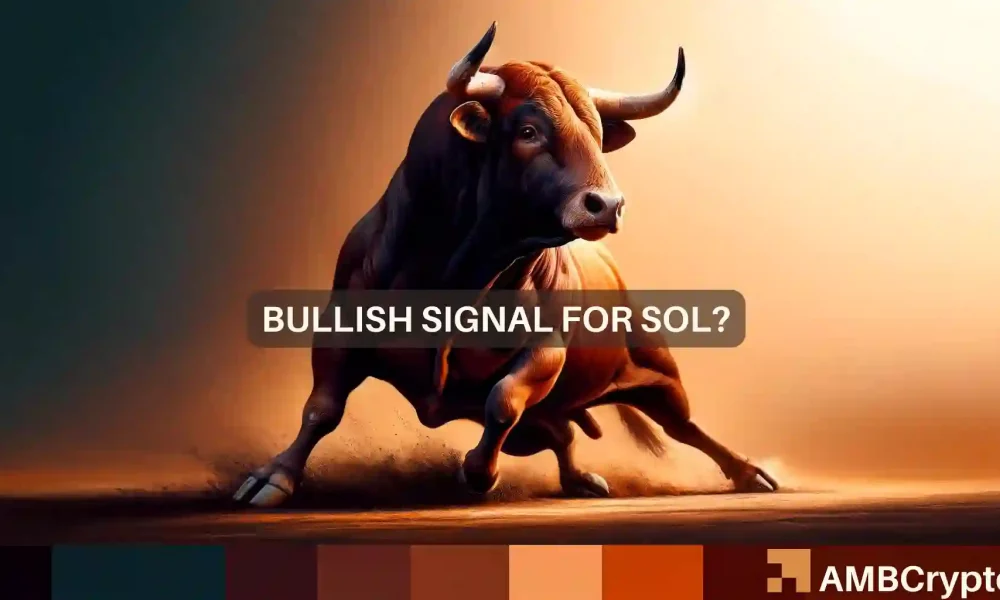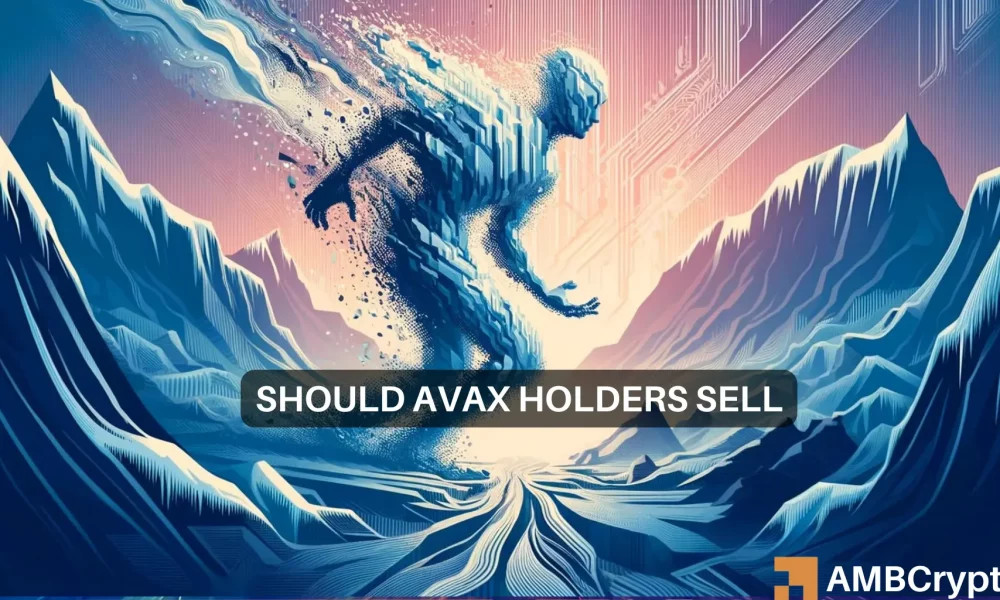
The Federal Reserve is seemingly running interference with congressional efforts to regulate stablecoins, according to a letter recently sent to Fed Chairman Jerome Powell. The letter came from Chairman of the U.S. House of Representatives Financial Services Committee Patrick McHenry and subcommittee chairs French Hill and Bill Huizenga.
The legislators were objecting to two Fed letters: SR 23-7 on the Novel Activities Supervision Program and SR 23-8 titled “Supervisory Nonobjection Process for State Member Banks Seeking to Engage in Certain Activities Involving Dollar Tokens.” They wrote:
“We are concerned that these actions are being taken to subvert progress made by Congress to establish a payment stablecoin regulatory regime. Moreover, if these letters are left in place, they will undoubtedly deter financial institutions from participating in the digital asset ecosystem.”
The letters, issued simultaneously, supplement a January policy statement and impose additional limitations on activities with crypto assets.
Related: Rep. Patrick McHenry blames White House for lack of urgency on stablecoin bill negotiations
According to the legislators, the Fed letters “effectively prevent banks from issuing payment stablecoins — or engaging in the payment stablecoin ecosystem” while “masked as guidance outlining a process by which these activities can be permissible.” The January policy extended restrictions placed by the Office of the Comptroller of the Currency on national banks to state banks.
In addition, the letter claimed that the Fed letters were issued without observing the notice and comment processes required by the Administrative Procedure Act.
Huge breakdown on stablecoin bill process; odds are this proceeding doesn’t get done today and there’s a new markup after Labor Day.
Ironically, this probably gives both sides more time for negotiations and for Chair McHenry to do direct negotiating with the White House. https://t.co/hNrQ2WF6RN
— Justin Slaughter (@JBSDC) July 27, 2023
The legislation referred to by the legislators is the Clarity for Payment Stablecoins Act of 2023, which McHenry introduced on July 20.
The committee members’ letter included a list of eight questions, the bulk of which concern implementation of the guidance found in the two Fed letters. Besides that, the letter demands records to determine the timeline of the drafting of the Fed letters.
Magazine: Opinion: GOP crypto maxis almost as bad as Dems’ ‘anti-crypto army’
Read More: cointelegraph.com









 Bitcoin
Bitcoin  Ethereum
Ethereum  Tether
Tether  Solana
Solana  USDC
USDC  Lido Staked Ether
Lido Staked Ether  XRP
XRP  Dogecoin
Dogecoin  Toncoin
Toncoin  Cardano
Cardano  Shiba Inu
Shiba Inu  Avalanche
Avalanche  TRON
TRON  Wrapped Bitcoin
Wrapped Bitcoin  Bitcoin Cash
Bitcoin Cash  Polkadot
Polkadot  Chainlink
Chainlink  NEAR Protocol
NEAR Protocol  Polygon
Polygon  Litecoin
Litecoin  Internet Computer
Internet Computer  Uniswap
Uniswap  LEO Token
LEO Token  Dai
Dai  First Digital USD
First Digital USD  Ethereum Classic
Ethereum Classic  Aptos
Aptos  Hedera
Hedera  Stacks
Stacks  Mantle
Mantle  Cronos
Cronos  Stellar
Stellar  Cosmos Hub
Cosmos Hub  Filecoin
Filecoin  Renzo Restaked ETH
Renzo Restaked ETH  Render
Render  OKB
OKB  Immutable
Immutable  XT.com
XT.com  Pepe
Pepe  Arbitrum
Arbitrum  Bittensor
Bittensor  Maker
Maker  dogwifhat
dogwifhat  Optimism
Optimism  Wrapped eETH
Wrapped eETH  The Graph
The Graph